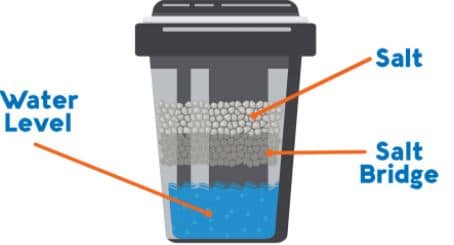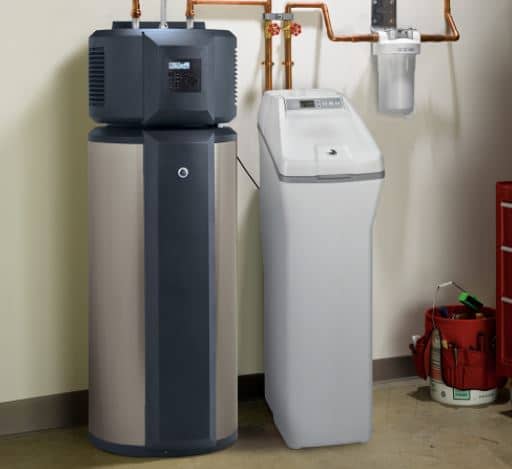It’s safe to believe that you want the water softener to last much longer. Water softeners might be expensive, and you may not want to go without one of them for long. The good news is that a properly sized, installed, and maintained water softener can last for over 20 years. Also, you might help make sure that yours will last long by following the simple maintenance steps. Paying attention to the water softener will pay off in terms of money, time, and stress. Whether the softener is brand new or old, double-check to ensure that you’re doing these things.
Contents
Don’t Overfill The Tank

In some situations, less is the more. Adding lots of salt to the brine tank will lead to bridges — a notable separation between the salt and water — and mushing, including a thick layer of re-crystallized salt forming at the base. In both conditions, the system will not be able to treat the water correctly. To prevent the issues from happening, fill the tank around half to three-quarters of the full.
Use High-Quality Salt

Not every type of softener salt is created equal. From the three primary styles available — solar, evaporated, and rock — evaporated salt is the purest choice. As a result, the solution will help the tank work effectively and leave the least quantity of residue. It can also prevent common problems, such as bridging. For this reason, that’s the perfect option to utilize during the life span of the tank.
Schedule Annual Maintenance

All salt leaves a residue, and if alone, it will build up and impact the system’s functionality. As such, annual professional maintenance is advised. Annual service will include filter changes, tuneup, cleaning, and full inspection. Such steps support optimal operations, decreasing the risk of premature replacement and breakdowns.
Have Plumber Clean System

Even when you do everything correct, softening produces sediment and other waste with time. You must have a new, optimized water softener cleaned approximately once every two years. And the older water softener must be cleaned more frequently. The good thing about cleaning the softener is that you can have the expert inspect that while they clean. An expert will tell you if you’re running the softener effectively and what you may change if you are not. The water softener is the most critical component of the water system. Maintaining efficiency as long as possible can save money and improve the quality of life.
Use Clean Salt or Potassium Chloride

Potassium chloride and cheap salt lead to a difficulty known as bridging. Bridging happens when water melts the salt crystals together, eventually creating a crust. The crust will combine with the sediment filtered out through the softening and creates buildup in the tank. Bridging might interfere with softening, break the softener tank, lower water quality. To avoid sediment buildup and bridging, only use potassium chloride or high-grade salt in the water softener.
Optimize Sizing

If the water softener is small for your home, it needs to work harder. The overtime will exhaust the water softener and will go out faster. You can also experience flow rate problems as the water softener won’t treat the water fast enough. If the water softener is big for the place, it won’t do sufficient work to trigger regeneration on time. When the water softener can’t revive, it’s not as efficient, and bacteria will grow in the tank. There are many ways to ensure the water softener is appropriately sized for the home.
Conclusion
Water softeners may last 10 to 20 years, depending on the quality and type you buy. On average, a tank electric water softener will last up to 12 years. However, no device will last forever. If the system is around five years old and then you start to notice the hard water symptoms, it’s time for some repair. However, if the water softener is ten years or more, it might be time for a replacement.



